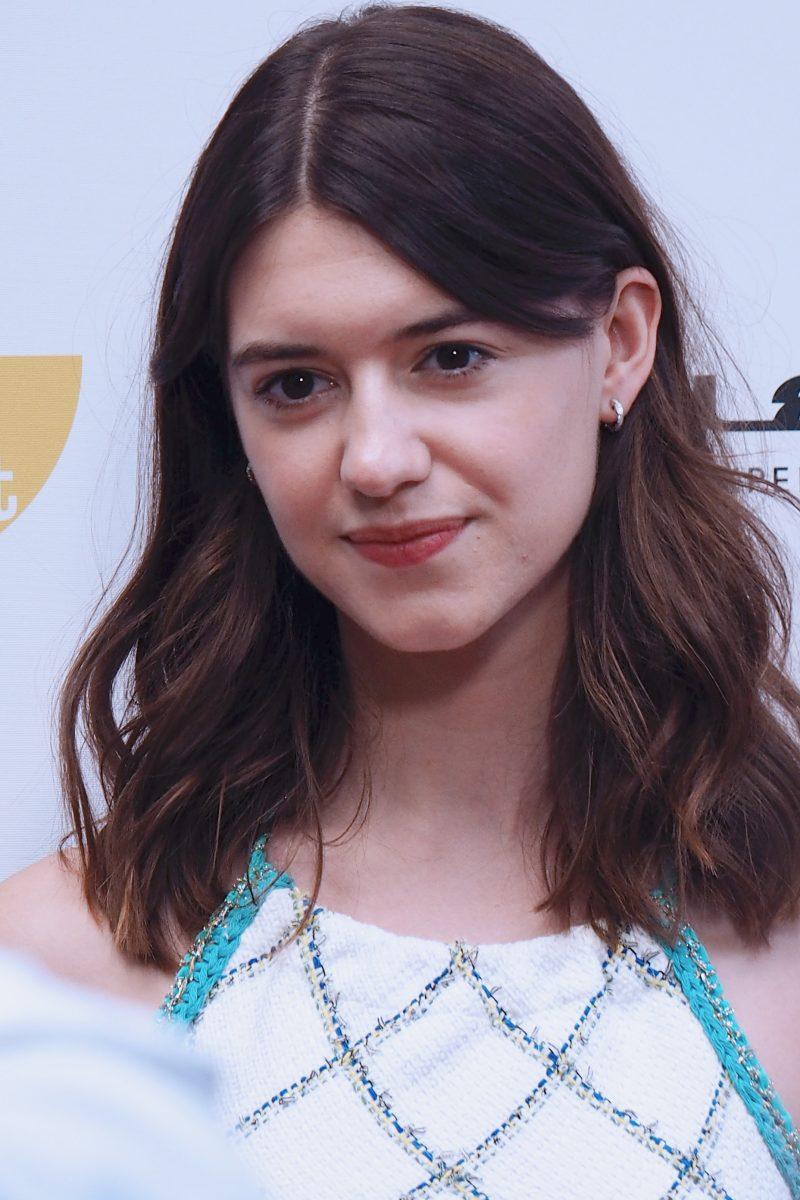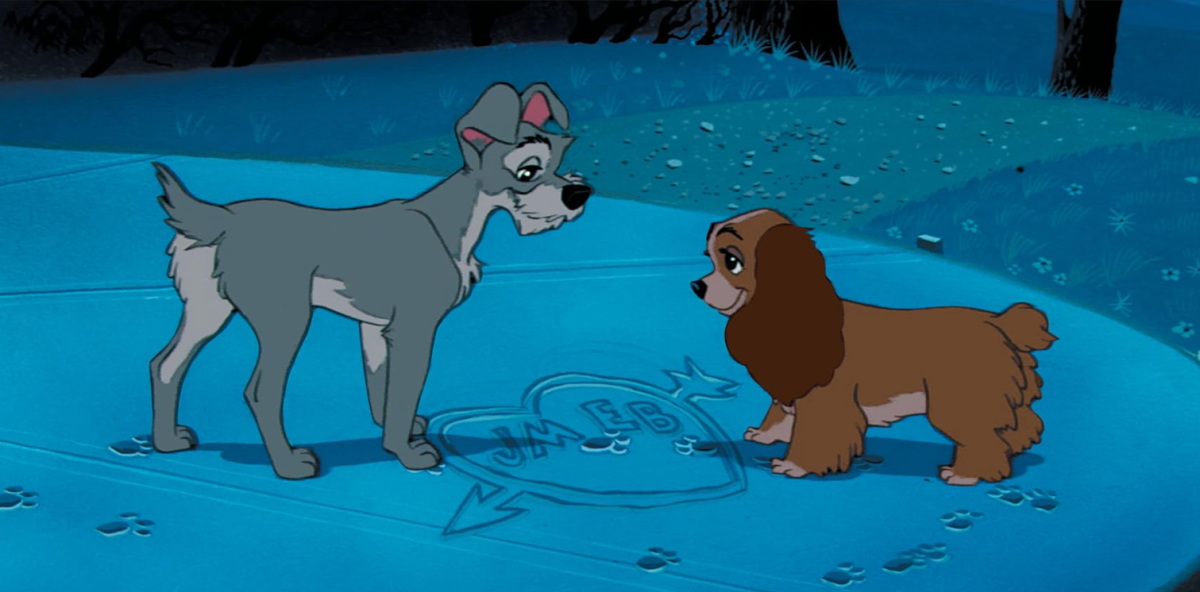On Friday, March 3, Amazon Prime Video debuted the first three episodes of its new miniseries adaptation of New York Times bestselling novel, “Daisy Jones and The Six.” Originally written by popular fiction and romance author Taylor Jenkins Reid, “Daisy Jones and The Six” tells the tale of a fictional 1970s rock band and the drama accompanies a love-triangle between the bandmates.
Oftentimes, television adaptations of popular novels venture into incredibly difficult territory for everyone involved. First, there is the classic directorial dilemma of either exactly imitating an already existing story, or altering it and running the risk of butchering a beloved tale. Then, there is the consumers’ quandary of whether or not to scrutinize a show adaptation in comparison to its original novel, or to treat the two as completely separate entities. Ultimately, regardless of which path is taken, complaints and comparisons are both imminent and unavoidable. “Daisy Jones and the Six” is no exception.
Starring Elvis Presley’s granddaughter Riley Keough as protagonist Daisy Jones and Sam Claflin as Billy Dunne, the miniseries’ first three episodes cover the band’s inception and introduction to fame in the style of a mockumentary, spanning from its early performances to the recording of the song that will eventually be its first smash hit.
At its core, “Daisy Jones and The Six” is an attempted blend of Fleetwood Mac drama, “Almost Famous” (2000) imagery and general 1970s nostalgia. The key word here, however, is attempted, as recreating the most romanticized and glamorous era of music is no easy task, and is not one I’m sure was achieved. This is reflected in the series’ soundtrack “Aurora” (2023), which was released on streaming platforms to mimic an actual album from the fictional band. While this was a clever idea and very smart in its general concept, the actual tracks on “Aurora” produce some sounds that are straight out of 2023, taking away the authenticity of the work as a product of the 1970s.
Despite the expected flaws of attempting to age a brand new album by half a century, there is a substantial and clear attempt at a genuine 1970s sound in both “Aurora” and the series itself. One example of this appears in “Look At Us Now (Honeycomb),” which acts as the band’s breakout hit and contains a fiery electric outro reminiscent of Fleetwood Mac’s Rumors hit, “The Chain” (1977). This instrumentation is both catchy and recognizable, however, it still produces a sound that feels a bit too clean and crisp for the time in which it was supposedly created.
In terms of the acting in “Daisy Jones and The Six,” it is — for the most part — there, with an impressive cast that aligns well with the images many people had in their heads for the characters. Riley Keough delivers an impressive and believable performance as Jenkins Reid’s Daisy Jones, despite some of her scenes lacking the insinuated fire of Daisy’s character. This error, however, is more likely a result of writing and character dialogue than of Keough herself.
All in all, two things that should be kept in mind before watching “Daisy Jones and The Six.” First, it is not the book. There are minor changes and cut details that, while great for a book, do not translate as well in a condensed television adaptation, so do not go into this expecting a carbon copy of Jenkins Reid’s novel. Secondly — and I cannot stress this enough — do go into the show, nor “Aurora,” expecting Fleetwood Mac. Yes, the inspiration is there and yes, maybe it will continue to improve. However, no 2023 miniseries will be able to fabricate the infamous chemistry of Fleetwood Mac’s drama and sound.
The bottom line is, if you want a fun, soapy 1970s drama, turn on “Daisy Jones and the Six.” If you want the intense passion of Stevie Nicks boring deep into Lindsey Buckingham’s soul with nothing but a sparkly shawl and tambourine, perhaps opt for “Rumors” instead.










